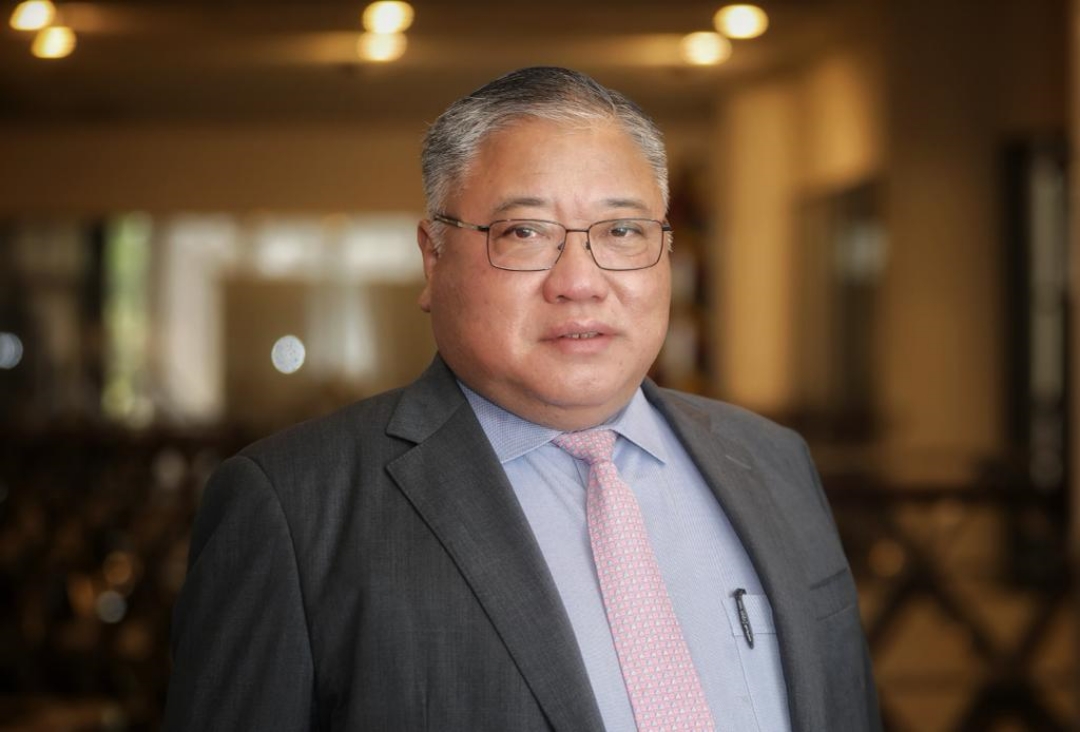
Datuk Seri Tiong King Sing said the Premier of Sarawak can explore the possibilities of allowing elected representatives without ministerial positions to be appointed as a chairman of GLCs. – Photo by Chimon Upon
KUCHING (May 20): A government backbencher has called for reform in ministries, agencies and government-linked companies (GLCs) to encourage a business-friendly environment so as to ensure efficient implementation on the ground.
Datuk Seri Tiong King Sing (GPS-Dudong) said the Premier of Sarawak can explore the possibilities of allowing elected representatives without ministerial positions to be appointed as a chairman of GLCs.
He further proposed that social and political leaders as well as professionals can be appointed as board members of the GLCs.
“Civil servants in the system will inevitably become beholden to authority or afraid to speak out. They might also become bogged down in red tape with meetings after meetings.
“Elected representatives can become a bridge for all parties in the private and public sectors by reflecting the voices and suggestions of the public in a timely manner.
“They can also make use of their status to source resources and co-operation from relevant parties, to effectively promote progress, reform, and breakthrough existing bottlenecks in the system that had been hindering forward movement,” he said when debating the Yang di-Pertua Negeri’s opening address today.
Tiong said GPS must encourage the diversification of participation in the system of government departments, agencies.
According to him, ministers, deputy ministers and secretary-generals should focus on planning and development, rectifying shortcomings, reducing bureaucracy and co-operating with other elected representatives to improve internal issues and overcome obstacles.
“With the relevant authority delegated, we can expect elected representatives to work without hindrances.”
He said government departments and agencies must be revamped and decentralised to avoid more bureaucracy and reduce red tapes to prevent further delays.
“We should simplify our system to make it more people-centric and friendly,” he said.
He added that the functions of public services need to be decentralised so as to empower the regional office to be more accountable in resolving issues and implementing projects.
“This can ensure that the people’s problems and public complaints can be promptly settled instead of being referred to a regional office.”
